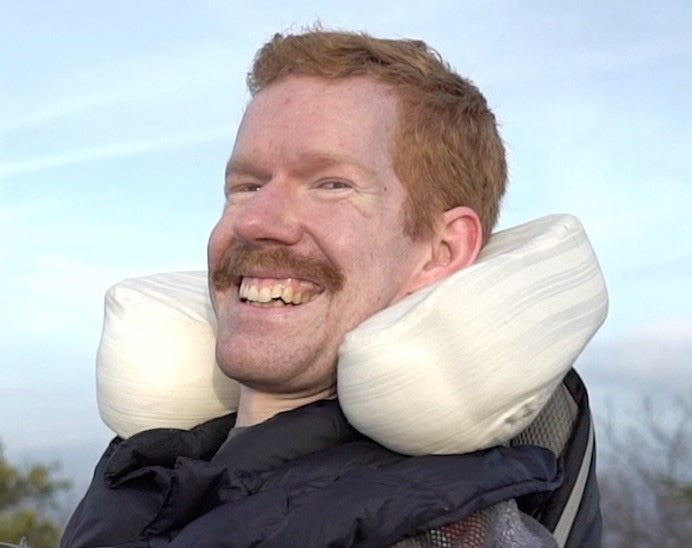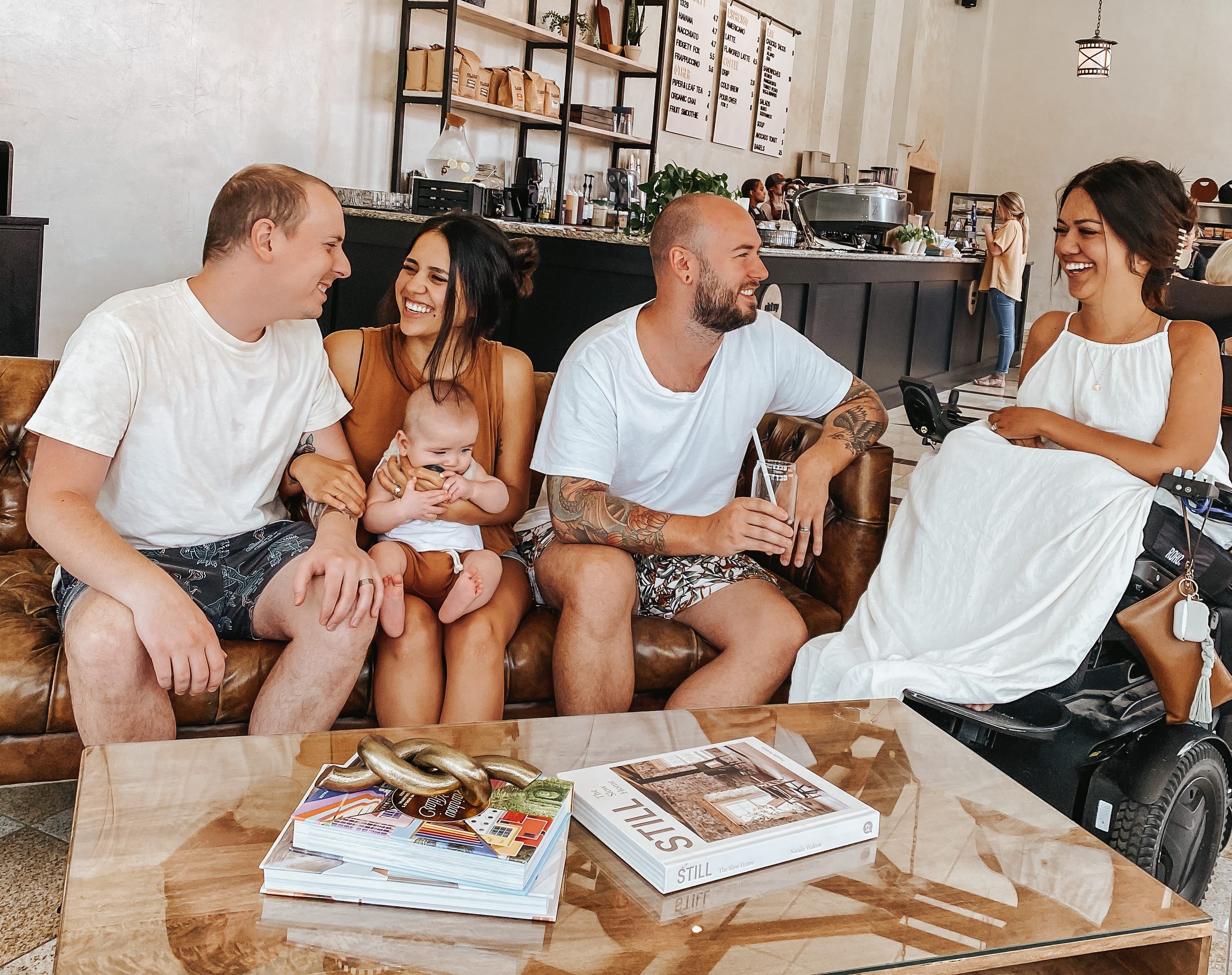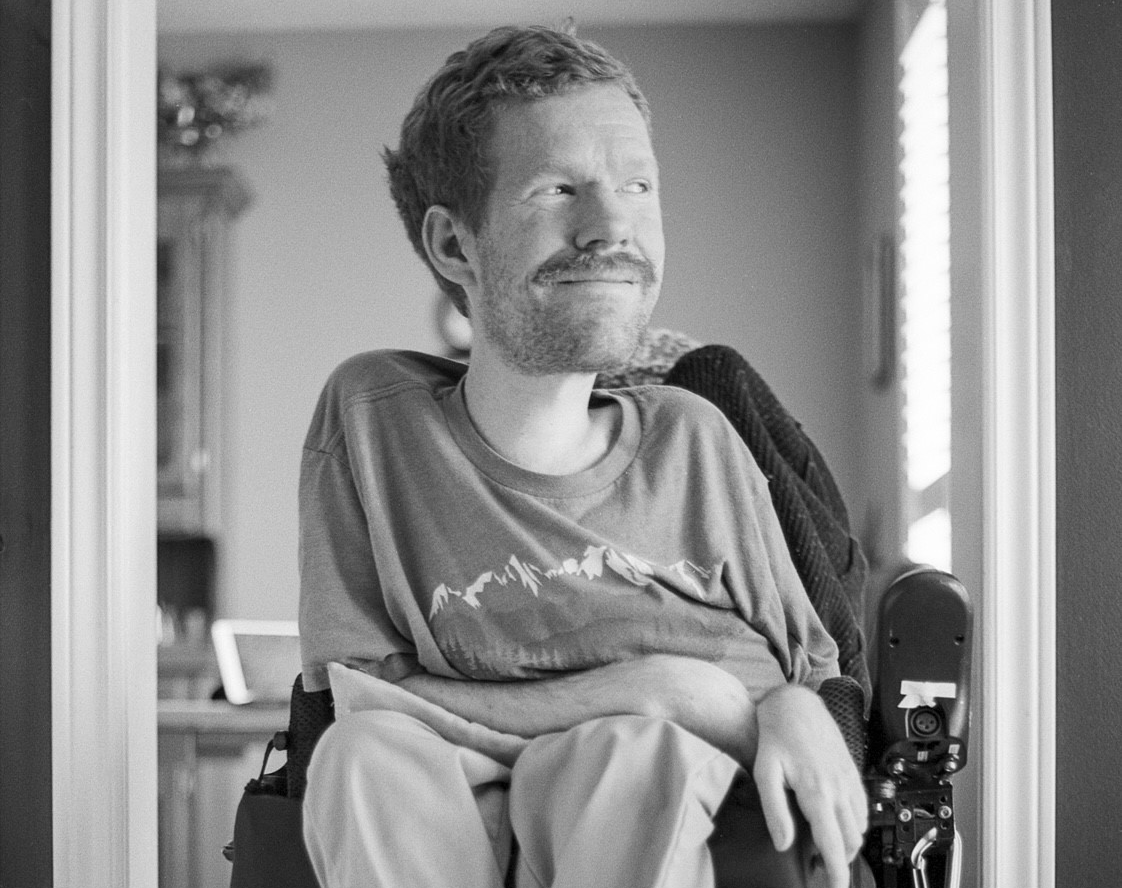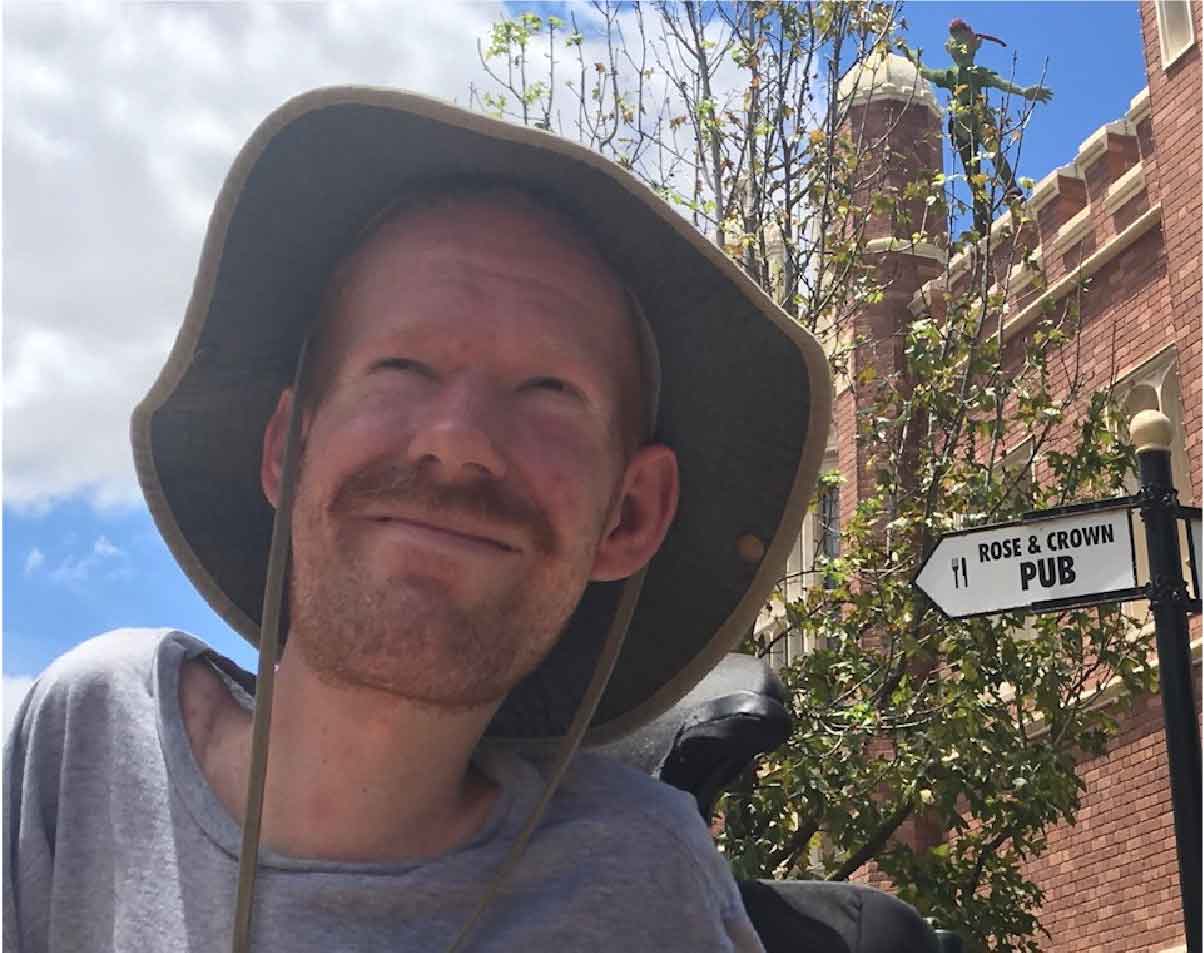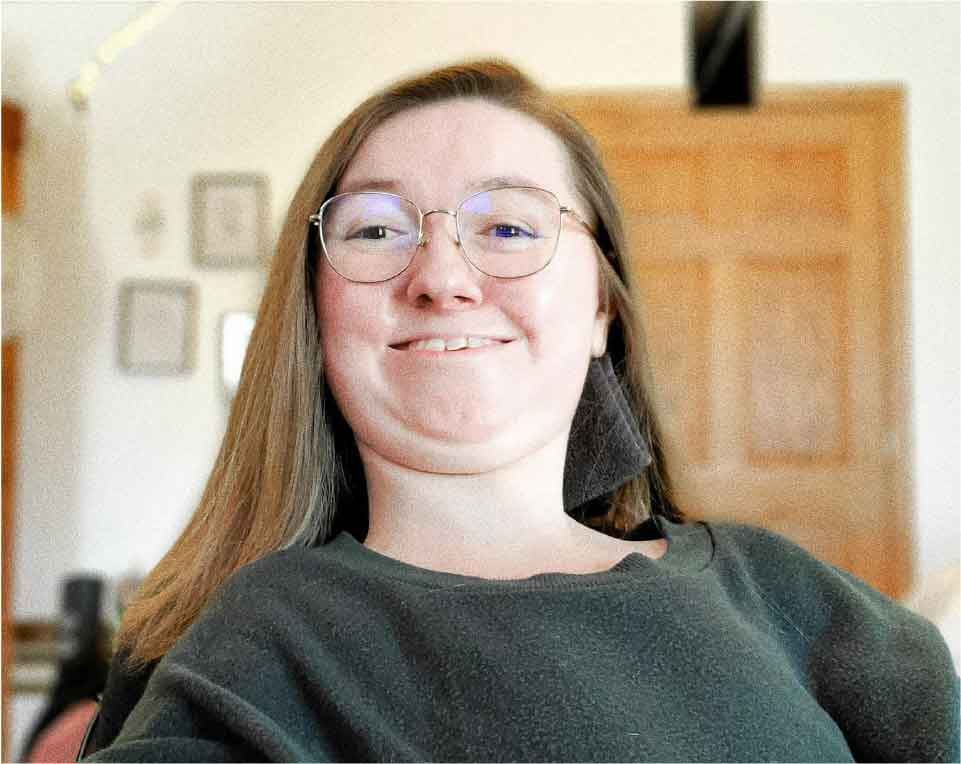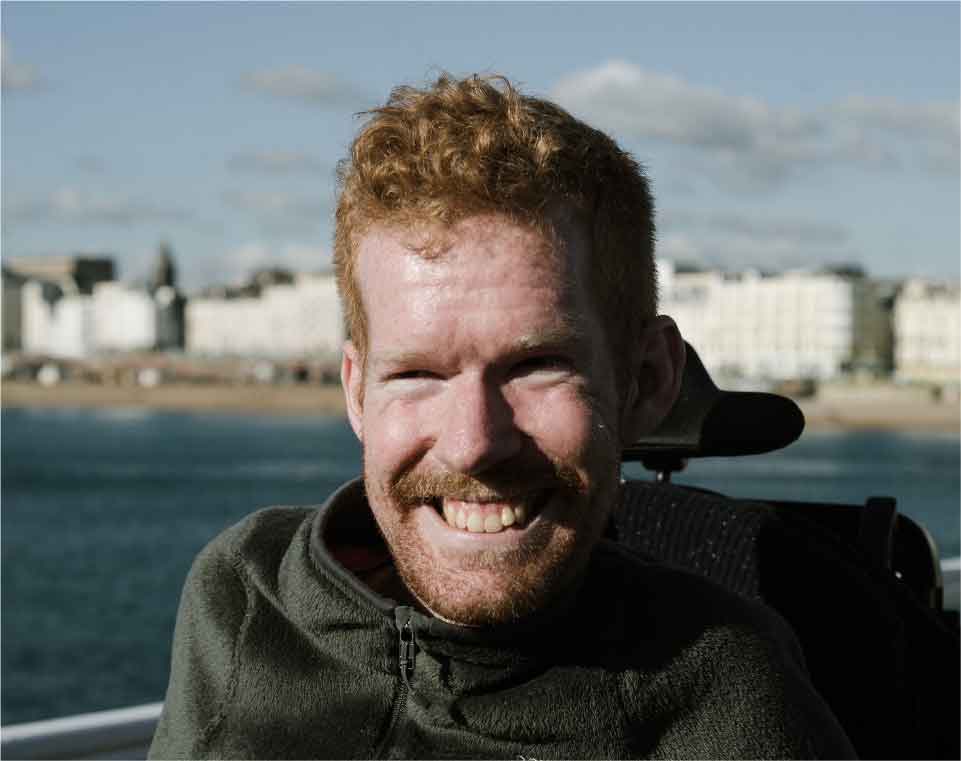Brianna
Showing up, even when it’s hard

I wish I could tell you that following your dream will be easy.
I wish I could tell you that life will reward you for following your dream. For showing up, again and again, even when it's hard.
But I can't.
My dream is to write books. Dozens of them, with swoon-worthy romances and hair-raising plot twists. Every story will feature a disabled girl and have, if not a *happy* ending, a narratively satisfying one. Maybe someday I'll hit the bestseller list, but in all honesty, I'd settle for changing a life. For showing disabled girls like me that they can star in their favorite narratives.
Your dream is probably different. Maybe it's falling in love. Maybe it's seeing the world, or having a child, or living on the beach with a cat, a dog, and lots of friends. Maybe it's all three! But at one point or another, you may feel like your dream is unattainable.
Your partner broke up with you.
Your travel agency won't accommodate wheelchair users.
Your book won't sell.
I wish I could say that following your dream gets easier. That, with time, the sting of rejection will fade to nothing. But I can't. Following your dream is *hard*, especially with a life-altering condition like SMA. Taking risks - like signing up for dating apps or moving halfway across the country - will always be scary.
Here's what I can say.
“Following your dream may be scary. But it’s also worth it.”
